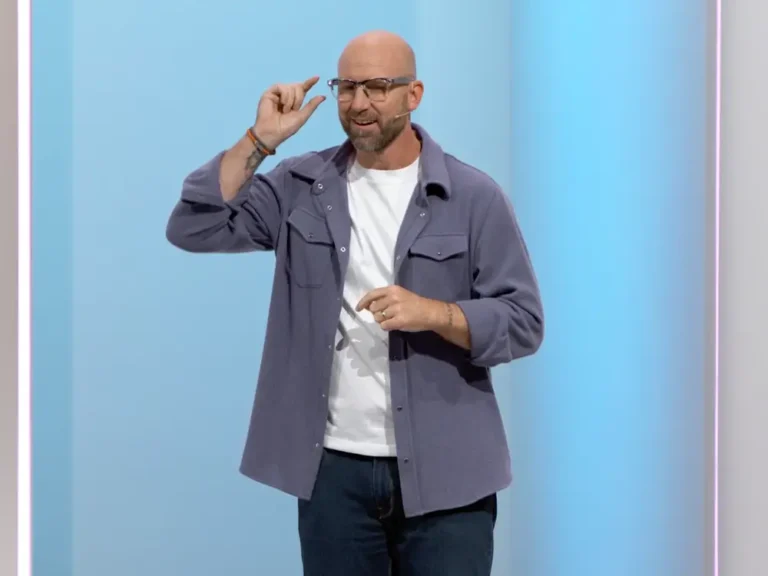Brite Payments, a fintech startup founded by a former Klarna employee, just raised $60 million using this 10-slide pitch deck

- Swedish fintech startup Brite Payments has raised $60 million in venture capital funding.
- Founded in 2019, Brite offers account-to-account payments for merchants.
- The company is part of the growing open banking and A2A space in Europe.
Brite Payments, a fintech startup, has raised $60 million in venture capital funding to expand its European operations.
The Swedish firm, founded in 2019, operates in the instant bank transfer space, a burgeoning sector of open banking known as account-to-account (A2A) payments. A2A eliminates the middleman in payments for consumers by allowing merchants to take money directly from bank accounts via an API, which is both cheaper and faster than existing alternatives.
Brite, based in Stockholm, was founded by Lena Hackelöer, a former employee of buy-now, pay-later giant Klarna, and operates in 25 countries by leveraging Europe-wide open banking regulation known as PSD2.
“Europe is very much the hotspot for open banking at the moment because of high digital banking adoption, so there are already mature companies in this space,” Hackelöer told Reuters in a telephone interview. “Some market players are focused on the back end of the industry around payment origination, but we are somewhat extreme because we fulfill the transaction from beginning to end.” So, while it’s a crowded space, we believe our offering stands out by addressing all of the pain points, not just the rails, and we believe we can be a market leader.”
Brite’s funding round comes at a difficult time for fintech investment, with global volumes falling 49% year on year to $23 billion in the first half of 2023, according to S&P data. Previously, the company had received seed funding. Its most recent capital infusion comes from Dawn Capital, a London-based fund that led the round alongside Headline and existing investor Incore.
With investment in Brite’s tech team, the new capital will be used to expand the company’s product by improving its functionality and geographic reach. Furthermore, the startup intends to localize its on-the-ground offering in Europe by establishing country-specific go-to-market teams outside of its existing hubs in Sweden and Malaga, Spain.






